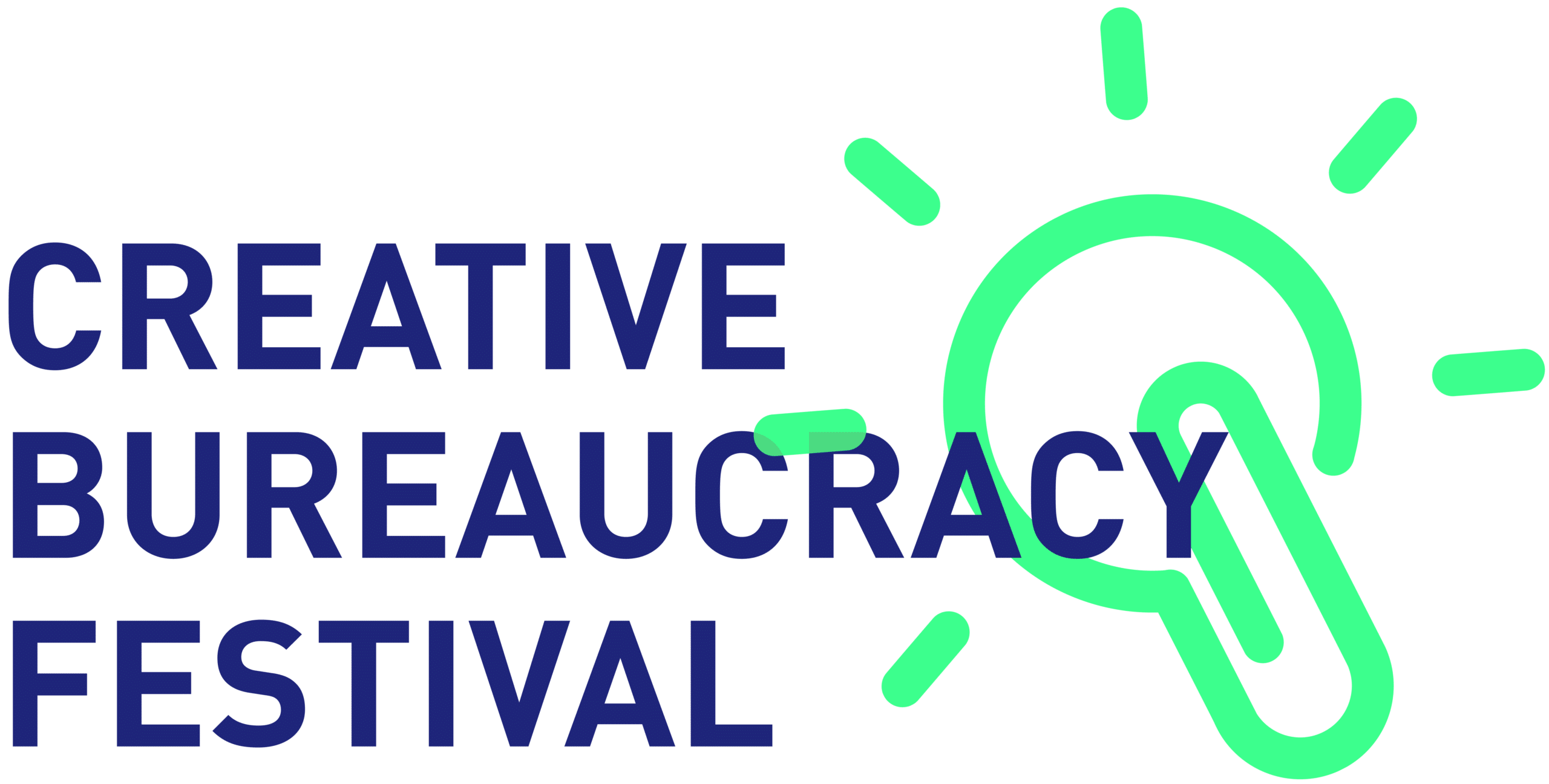“Digitalisiert Euch!” wird der öffentlichen Verwaltung von allen Seiten zugerufen. Doch gerade beim Einsatz von Künstlicher Intelligenz (KI) und algorithmischen Systemen ist leicht gesagt, nicht gleich gut gemacht. Es gibt vieles zu beachten, wenn Technologie ethisch und gemeinwohlorientiert entwickelt und eingesetzt werden will. Basierend auf den Algo.Rules – 9 Regeln für die Gestaltung von Algorithmen hat die Bertelsmann Stiftung zusammen mit dem iRights.Lab eine Handreichung für die digitale Verwaltung erarbeitet. In unserer Session stellen wir die 22 Schritte vor, die es bei der Entwicklung und Anwendung zu beachten gilt. Dabei geben wir Einblicke in konkrete Fallbeispiele, wie z.B. die algorithmenbasierte Kitaplatzvergabe in Steinfurt (NRW) und den Chatbot Bobbi in Berlin. Wir erörtern Chancen und Herausforderungen des Technologieeinsatzes und zeigen, wie aus der abstrakten Forderung “Digitalisiert Euch!” konkrete Handlungsschritte werden können.
Login or Register
You need to login!
Von Chatbots und Kitaplatzvergaben: Wie die öffentliche Verwaltung KI & Algorithmen ethisch einsetzen kann
Lajla Fetic, Julia Gundlach
Lajla Fetic is the co-project lead of “Ethics of Algorithms” at the Bertelsmann Stiftung. Here she is responsible for work on the control and regulation of algorithmic systems. As a consultant and lecturer, she previously researched the societal impact of technology and developed solutions for the regulation of algorithmic systems. In 2021, she was named one of the 100 Brilliant Women in AI Ethics for her work. Until 2021, she led the further development of the Algo.Rules and developed practice guides for the implementation of AI ethics principles in companies and digital administrations. She also contributed as co-author and project manager to a study on the AI ethics label by the AI Ethics Impact Group. Prior to this, Lajla Fetic worked on the topics of digitization and automation, including for the Berlin-based think tank “Stiftung Neue Verantwortung” and an international public sector consultancy.
Julia Gundlach ist Co-Projektleiterin von „Ethik der Algorithmen“ bei der Bertelsmann Stiftung und beschäftigt sich insbesondere mit den Potenzialen von algorithmischen Systemen für das Gemeinwohl. Zuvor war sie für die internationale Vernetzung für das vom Bundeswirtschaftsministerium geförderte Projekt Forum Digitale Technologien am Deutschen Forschungszentrum für Künstliche Intelligenz zuständig. Im Zuge ihres Public Policy Masters an der Hertie School of Governance in Berlin hat sie ein Professional Year im Bundeswirtschaftsministerium absolviert.


